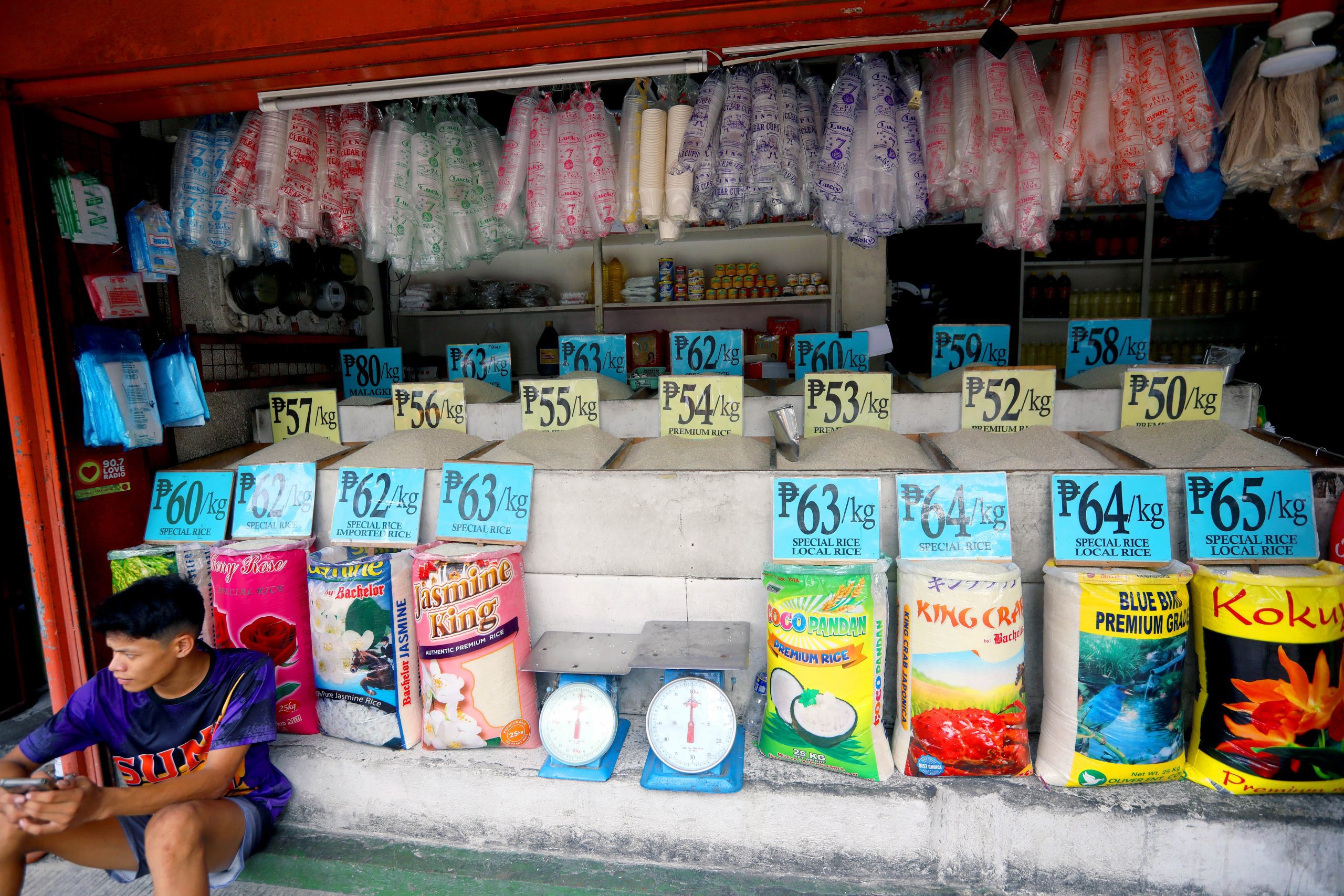News
Rice prices in NCR drop after talks with market heads

FILE: ADJUSTMENT. Various rice varieties sell between PHP50 and PHP80 at a retail store in San Andres, Manila on Monday (May 6, 2024). (PNA photo by Yancy Lim)
By Stephanie Sevillano, Philippine News Agency
MANILA – The Department of Agriculture (DA) on Monday reported a decline in prices of retail regular and well-milled rice in Metro Manila following talks with market heads.
“Doon sa monitoring natin last week hanggang sa ngayon, marami naman iyong sumusunod doon sa (Since our monitoring last week until now, there are many following the range of) PHP42 and PHP45,” DA Assistant Secretary Arnel de Mesa said in a phone interview.
The selling prices give retailers between PHP3 and PHP5 per kilogram (kg) profit for imported rice under the 15 percent reduced tariff.
The DA-Bantay Presyo (price monitoring), however, still recorded PHP50/kg and PHP54/kg highest price level in local and imported regular and well-milled rice as of Nov. 15.
De Mesa urged retailers to abide by the agreed profit margins to benefit more Filipino consumers.
“Kausap naman natin iyong presidents at vice presidents ng associations ng retailers sa NCR (National Capital Region) na kumbaga, nag-agree tayo sa (We are already in touch with presidents and vice presidents of retailers association in the NCR, we agreed with the) profit margin,” he said.
“We will continuously dialogue with them para maging consistent at ma-sustain itong effort na napagkasunduan (to be consistent and to be able to sustain this agreed efforts).”
He assured similar price levels in December following the implementation of PHP42/kg Rice for All program in all Kadiwa ng Pangulo sites.
Farmers and other food producers sell their products sans intermediaries at Kadiwa stores.
DA Secretary Francisco Tiu-Laurel Jr., meanwhile, said the PHP42/kg level of rice provides a balance between the needs of stakeholders and consumers.
“I think well-milled rice around the PHP42 per kilo will provide a happy balance between our goal of ensuring our farmers get a decent return for their hard work and consumers have access to affordably priced food, especially rice,” he said in a statement.
The continuous arrival of rice imports which hit around 3.9 million metric tons (MT) early November will also help maintain stable rice retail prices and fill in the drop in local rice production, De Mesa said.
“Bagamat malaki iyong losses sa (Despite the huge losses in) rice, this can be easily compensated ng ating (by our) importation… That volume is 300,000 metric tons higher compared to last year,” he added, referring to the 3.6 million MT total rice imports in 2023.
The DA estimated local palay production drop to 19.4 million MT due to the combined effects of the El Niño phenomenon, various weather disturbances and La Niña.
The said volume is 600,000 MT lower than last year’s local rice production of 20 million MT.
De Mesa, meanwhile, underscored the need to push for the implementation of a cropping calendar shift next year to mitigate the impacts of climate change on local palay (unhusked rice) output.
To date, he said recovery efforts and replanting resources are prepared for affected regions while intensified support is given to continuously boost production in unaffected areas.





















